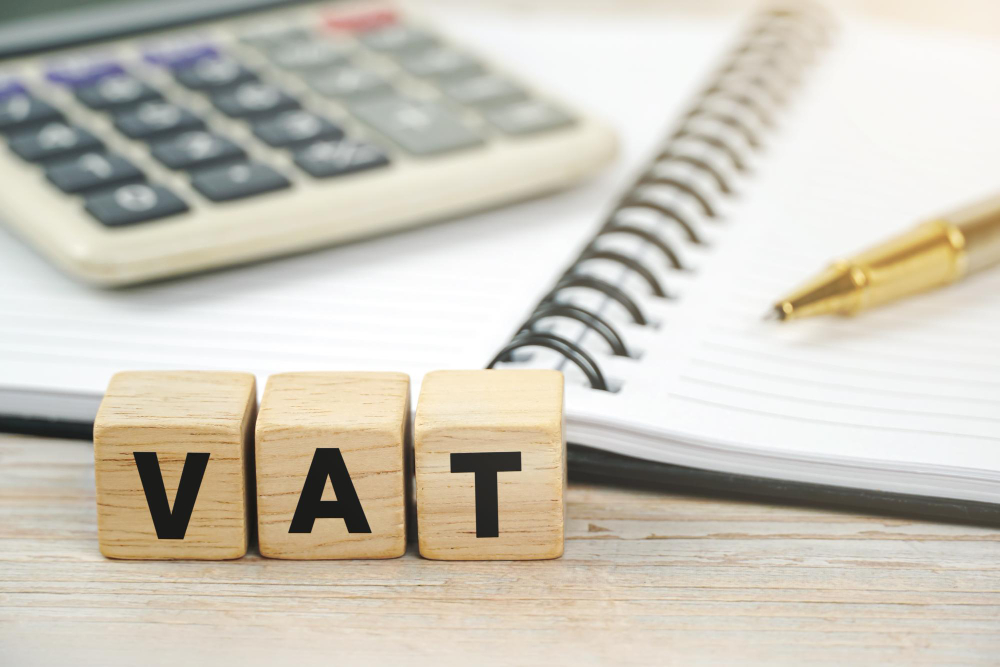Managing cash flow can be a challenge for businesses, especially when it comes to meeting tax obligations like VAT (Value Added Tax) payments. If your business is facing a large VAT bill and struggling with cash flow, a VAT loan might be a useful solution. VAT loans allow businesses to spread out the cost of their VAT payments over time, ensuring compliance with HMRC without straining their finances. However, like any financial decision, there are pros and cons to consider before applying for a VAT loan.
Pros of Taking a VAT Loan
1. Improves Cash Flow
One of the most significant benefits of a VAT loan is its ability to improve cash flow. Paying VAT in a lump sum can be a significant drain on your business’s resources, especially if it’s during a slow period. With a VAT loan, you can spread out the payment over several months, giving your business the breathing room it needs to maintain operations, pay suppliers, and cover other expenses.
2. Avoid Penalties and Interest from HMRC
Missing a VAT payment can lead to hefty penalties and interest charges from HMRC, which can quickly add up and put further strain on your finances. A VAT loan ensures that your business meets its VAT obligations on time, avoiding these costly penalties and keeping your financial standing with HMRC in good shape.
3. Flexible Repayment Terms
VAT loans often come with flexible repayment terms that can be tailored to suit your business’s cash flow. You can choose repayment plans that spread the cost over several months, making it easier to fit into your budget. This flexibility is especially useful for businesses that experience seasonal fluctuations in revenue.
4. Quick Access to Funds
When faced with an urgent VAT bill, you need quick access to funds. VAT loans are typically processed quickly, allowing businesses to get the money they need in time to meet their tax deadlines. This fast turnaround can be crucial for businesses facing immediate financial pressure.
5. No Collateral Required
Most VAT loans are unsecured, which means you don’t have to put up valuable assets like property or equipment as collateral. This makes it easier for businesses without substantial assets to access the financing they need to stay compliant with VAT regulations.

Cons of Taking a VAT Loan
1. Interest Rates and Fees
While VAT loans can solve immediate cash flow problems, they do come at a cost. Lenders typically charge interest on the loan, and some may also charge additional fees such as arrangement or early repayment fees. These costs can add up, so it’s important to carefully compare different lenders and understand the total cost of borrowing before taking out a VAT loan.
2. Short-Term Solution
VAT loans are designed to help businesses manage short-term cash flow issues, but they don’t address underlying financial challenges. If your business is consistently struggling to meet VAT payments, it may be a sign of deeper financial issues that need to be addressed. Over-reliance on VAT loans could lead to a cycle of debt if not managed carefully.
3. Risk of Debt Accumulation
While VAT loans provide immediate relief, they also add to your business’s debt load. If your business is already managing other forms of debt, adding another loan could increase financial pressure. It’s important to ensure that your business can comfortably manage the loan repayments before committing to a VAT loan.
4. Strict Repayment Terms
Although VAT loans offer flexible terms, some lenders may have strict repayment schedules that don’t allow much leeway. Missing a repayment could result in additional fees or damage your business’s credit score, making it more difficult to secure financing in the future.
When to Consider a VAT Loan
VAT loans can be a good option in specific circumstances, such as:
- When your business is facing a large, unexpected VAT bill that you weren’t fully prepared for.
- If your cash flow is tight due to seasonal fluctuations, and you need to spread out your VAT payments over time.
- If you want to avoid HMRC penalties for late payments but don’t have the available capital to make the payment on time.
However, a VAT loan shouldn’t be relied on as a long-term solution for regular cash flow problems. If you’re consistently struggling to meet your VAT obligations, it may be time to review your overall financial strategy and see where improvements can be made.
A VAT loan can offer some valuable benefits, such as improved cash flow, flexible repayment options, and the ability to avoid penalties from HMRC. But before you apply, it’s essential to consider the costs, including interest rates and fees, and ensure your business can manage the additional debt responsibly. If used wisely, a VAT loan can help you keep your business compliant with HMRC and maintain financial stability during tough times.
Contact Funding Guru today to find the best solution for your business’s VAT needs and keep your cash flow healthy while staying compliant with HMRC.

